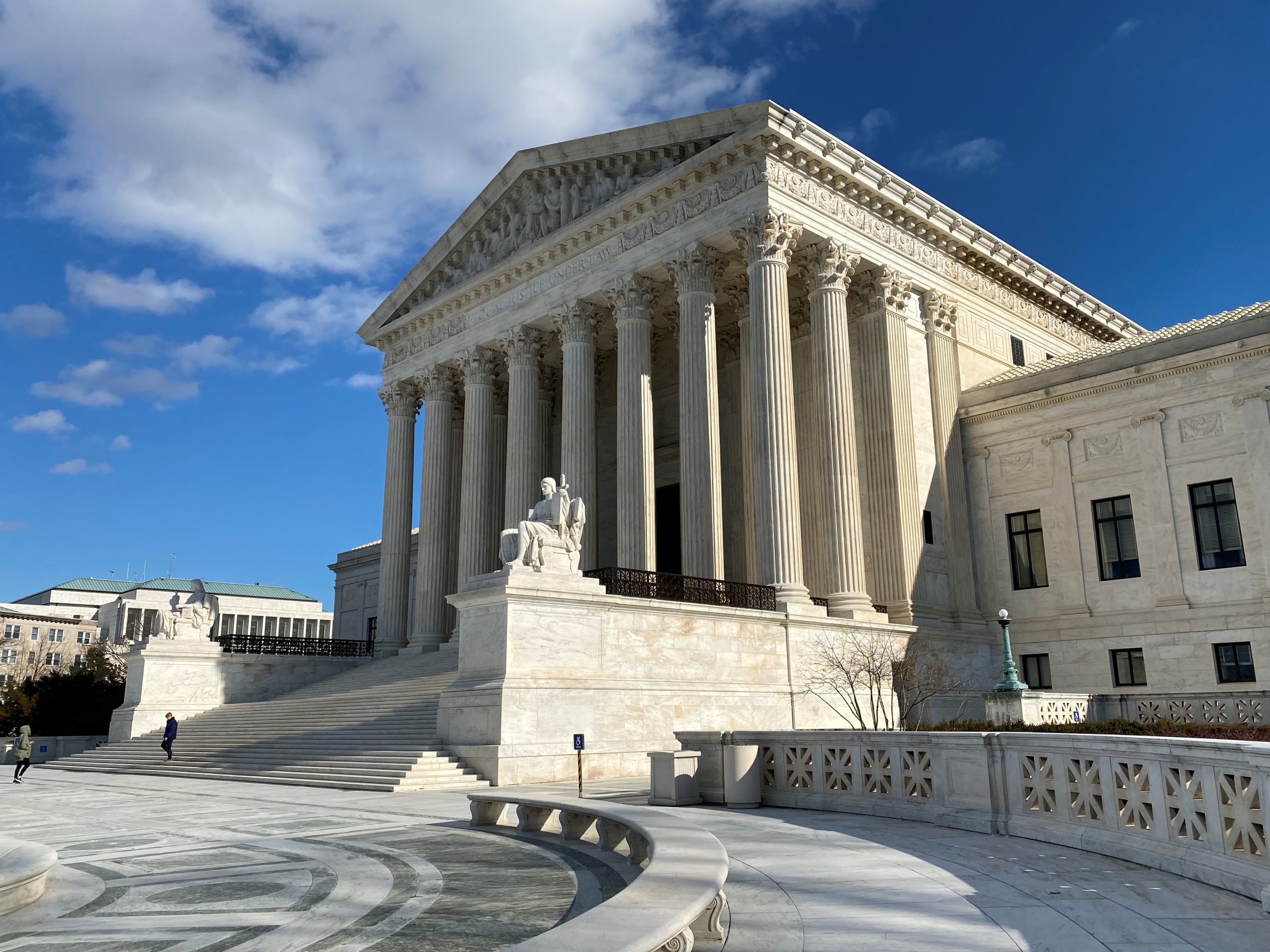
[elfsight_social_share_buttons id=”1″]
The U.S. Supreme Court on Monday declined to hear a Florida city’s bid to fend off a lawsuit by atheists setting up a battle in the lower courts over religious freedoms. The plaintiffs are accusing officials of violating constitutional limits on government involvement in religion by holding a prayer vigil in response to gun violence that wounded three children.
The justices rejected an appeal by the city of Ocala of a lower court‘s ruling that endorsed the right of the plaintiffs, backed by the American Humanist Association, to sue over legal harms they claim they sustained attending the 2014 vigil in which uniformed police chaplains preached a Judeo-Christian message.
The plaintiffs accused Ocala of violating the U.S. Constitution’s First Amendment “establishment clause,” which restricts governmental involvement in religion. Ocala had urged the justices to reject the claim that the plaintiffs, as “offended observers” of religious messages, had sustained legally recognizable injuries.
Conservative Justice Clarence Thomas, dissenting from the decision to reject the appeal, expressed “serious doubts” about the legitimacy of lawsuits based on injuries sustained by offended observers.
“Offended observer standing appears to warp the very essence of the judicial power vested by the Constitution,” Thomas wrote, adding that “federal courts are authorized ‘to adjudge the legal rights of litigants in actual controversies,’ not hurt feelings.”
Conservative Justice Neil Gorsuch in a written statement said he agreed that the case should be denied at this stage of the litigation but expressed doubt that the plaintiffs had the proper legal standing to sue.
Gorsuch referenced the recent Kennedy v. Bremerton School District Supreme Court decision that upheld the religious rights of a Washington state public high school football coach who had been suspended for leading prayers with players on the field after games. Gorsuch said it could provide guidance for the lower courts deciding the case.
“This case remains in an interlocutory posture—the Eleventh Circuit has remanded the case to the District Court to permit it to consider Kennedy’s implications in the first instance,” stated Gorsuch.
“Moving forward, I expect lower courts will recognize that offended observer standing has no more foundation in the law than the Lemon test that inspired it. If I am wrong, the city is free to seek relief here after final judgment.”
Ocala city officials helped organize and conduct the one-hour prayer vigil held in response to a series of shootings in which three children were struck by stray bullets. The Ocala Police Department on its Facebook page posted a letter co-signed by the police chief and an activist affiliated with a local Baptist church that promoted the vigil and urged “fervent prayer” to help reduce crime in the community.
At the vigil, police chaplains “preached Judeo-Christian religion to the crowd in a style consistent with revivalist and evangelical religion,” “participated in religious worship” and encouraged the crowd to engage in “responsive chanting,” the plaintiffs said in court papers.
The American Humanist Association, which on its website says it seeks “to bring about a progressive society where being good without a god is an accepted and respected way to live life,” and several of its members sued in federal court.
The plaintiffs said in court papers the police department’s involvement in the vigil “was coercive in that it pressured community members to accept theistic religious views” and treated religion non-believers as “outsiders and second-class citizens.”
A judge in 2018 ruled in favor of the plaintiffs, awarding them nominal monetary damages of $1 each. The Atlanta-based 11th U.S. Circuit Court of Appeals threw out that judgment in light of the 2022 Kennedy ruling.
The 11th Circuit found that at least one of the plaintiffs, Lucinda Hale, had proper standing to sue because the vigil had given rise to a legally recognizable injury. The city then appealed to the U.S. Supreme Court.
Hale has argued that by violating the establishment clause the city injured her by favoring religion and excluding atheists like her from participating in a vigil focused exclusively on prayer. The case has been narrowed to two plaintiffs, Hale and Art Rojas, and a single defendant, the city.
A federal district court will now weigh the plaintiffs’ establishment clause claims in light of the football coach ruling.
Copyright 2023 Thomson/Reuters. Additions and edits for FISM News by Michael Cardinal
